While the EU is hoping to resolve a trade dispute with China over critical raw materials - like lithium, cobalt, nickel, and other rare earth elements - it is already looking to diversify its supply and boost its in-house extraction and production. Which EU member states are in the crosshairs?
The European Union is rushing to resolve a trade dispute with China concerning export controls on rare earths. At the same time, it is seeking to reduce its reliance on the precious materials from the East Asian powerhouse.
But while the EU is still scrambling for a response to China's restrictions, the United States has moved forward on its negotiations with China.
US President Donald Trump on Thursday said he reached an agreement with Chinese President Xi Jinping in the dispute over China's export controls on rare earths. It is however unclear what impact this deal will have - if any at all - on discussions between the EU and China.
A spokesman for the European Commission said on Thursday in Brussels: "In principle, we welcome any development that removes barriers to global trade flows." He however added that "the EU is fully focused on its own bilateral trade engagement with China, including - as this relates to trade in - rare earth minerals" and confirmed that high-level technical discussions will take place in Brussels this Friday (October 31, 2025).
Earlier this month, China announced new controls on the export of rare earths, a crucial component for making magnets used in the auto, electronics and defence industries. The crisis erupted after the Netherlands decided to put the Chinese-owned chipmaker Nexperia under surveillance and suspended its Chinese chief executive. Beijing responded to this by banning re-exports to Europe.
The crisis has prompted European Commission President Ursula von der Leyen on Saturday to advocate for a package of measures to rapidly reduce Europe's dependence on raw material imports from China.
The EU has said the restrictions have forced some of the bloc's companies to halt production and inflicted economic harm. The export restrictions recently announced by the Chinese government jeopardise the stability of global supply chains so that European companies can expect direct impacts, von der Leyen said.
"In the short term, we are focusing on finding solutions with our Chinese counterparts, but we are ready to use all the instruments in our toolbox to respond if needed," she said.
Why is the EU so dependent on China for rare earths?
Europe is heavily dependent on imports of critical raw materials from China, which are considered crucial for the transition to zero-emission energy and green transformation, experts told the Czech news agency CTK.
These include rare earths, lithium, cobalt, nickel, but also solar panels. The dependency also applies to batteries or semiconductors, they said.
China dominates global production and processing of rare earths. These minerals, and the magnets made from them, are used in key technology such as smartphones, televisions, electric motors, semiconductors and turbines.
While rare earths are abundant in China, extraction is costly and environmentally damaging, requiring significant water and energy. Its large supply has given China near-monopoly control of the global market - though Brazil, India and Australia also produce rare earths.
According to Dominika Remová of the Association for International Affairs, a Prague-based non-governmental organisation, the biggest risk is associated with the processing or refining phase. Rare earth elements needed for wind turbines and lithium for batteries are particularly vulnerable. Although Europe has its own deposits, it lacks the refining capacity that China has been systematically building up for decades.
"Most of these dependencies threaten European industry, especially in the areas of automotive, energy and renewables or chemical and pharmaceutical industries," said Zuzana Krulichová of the Institute of International Studies at the Faculty of Social Sciences of Charles University in Prague.
The EU recognises these dependencies, which is why it has passed the Critical Raw Materials Act through which it seeks to secure a reliable and sustainable supply by strengthening the EU's own value chain for the materials. Remová however warned that demand was growing faster than Europe was able to reduce its dependence.
The EU's path to independence
According to the head of foreign trade at the German Chamber of Commerce and Industry (DIHK), Volker Treier, the EU must independently establish contact with China regarding rare earths. "The EU itself has to start talking to the Chinese. Driving in the slipstream of the USA is not a sustainable strategy for Germany and Europe," he said on RBB Inforadio in Berlin.
"Whether on energy or raw materials, defence or digital, Europe has to strive for its independence, and this is our moment to do it," Commission President von der Leyen said on Saturday. Investment in strategic projects for the production and processing of important raw materials in the European Union would be increased and partnerships with countries such as Ukraine, Australia, Canada, Kazakhstan, Uzbekistan, Chile and Greenland would be accelerated, the EU Commission chief said.
Earlier this year, the Commission selected 47 "strategic projects" to secure and diversify its access to raw materials in the European Union. The projects are located across 13 EU member states: Belgium, France, Italy, Germany, Spain, Estonia, Czechia, Greece, Sweden, Finland, Portugal, Poland and Romania.
Within the EU, Spain is one of the richest territories in critical raw materials. It provides almost a third (31 percent) of the global supply of strontium metal and has extraction and processing activity for other elements such as tungsten, wolframite, and feldspar, according to data from the European Commission.
Spanish companies have not reported any potential supply shortages or risks to their production due to Chinese restrictions on the import of rare earth elements and other raw materials, even though, like the rest of the EU, they depend on Beijing for the supply of most of them.
Neighbouring Portugal has also sought to position itself as a strategic partner within the European Union in the energy transition and in the security of supply chains for critical raw materials. Although the country has significant lithium reserves and potential to exploit other minerals, such as tantalum and tungsten, it currently has no significant production of rare earths and therefore remains heavily dependent on imports, mainly from China.
The Portuguese government has expressed support for the EU Critical Raw Materials Act and shown interest in attracting European investment for the sustainable exploration and local processing of resources, with the aim of reducing external dependence and generating economic value within the country.
In the Czech Republic, lithium mining at Cinovec in the Ore Mountains has also been listed by the Commission. According to Zuzana Krulichová, the mine may play a role in the EU's path to independence, she said, adding that it is the largest deposit in Europe.
"This is a significant opportunity for the Czech Republic in the entire supply chain. However, there are also environmental risks associated with the project, for example, and at the same time, the deposit will only cover part of the future needs within the EU," Krulichová added.
The European Commission is establishing a common platform for the purchase and storage of critical raw materials, similar to the model adopted for energy - the so-called REsourceEU program. Details are expected to be presented in November.
The content of this article is based on reporting by AFP, ANSA, CTK, dpa, EFE, Lusa, as part of the European Newsroom (enr) project.

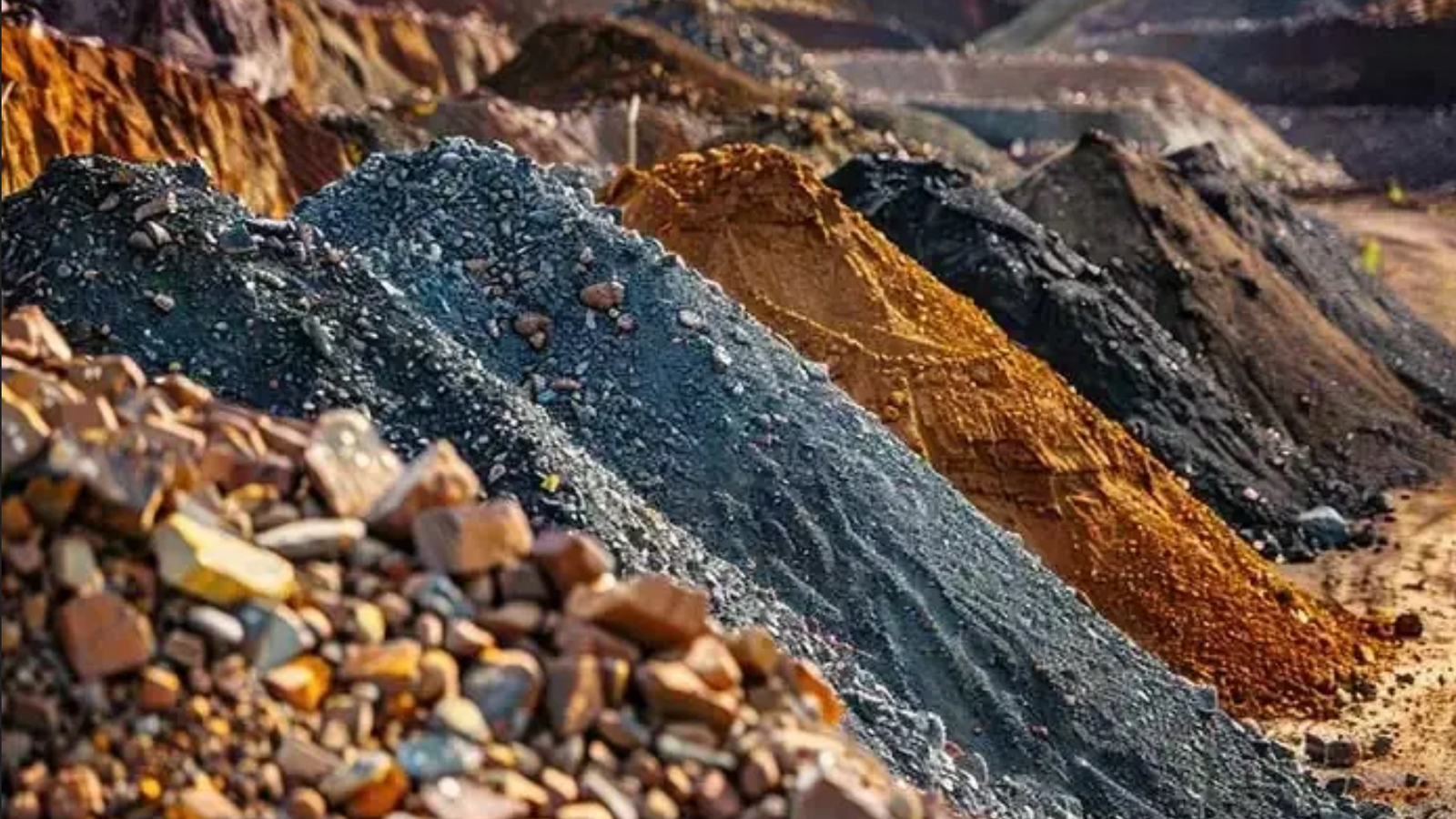
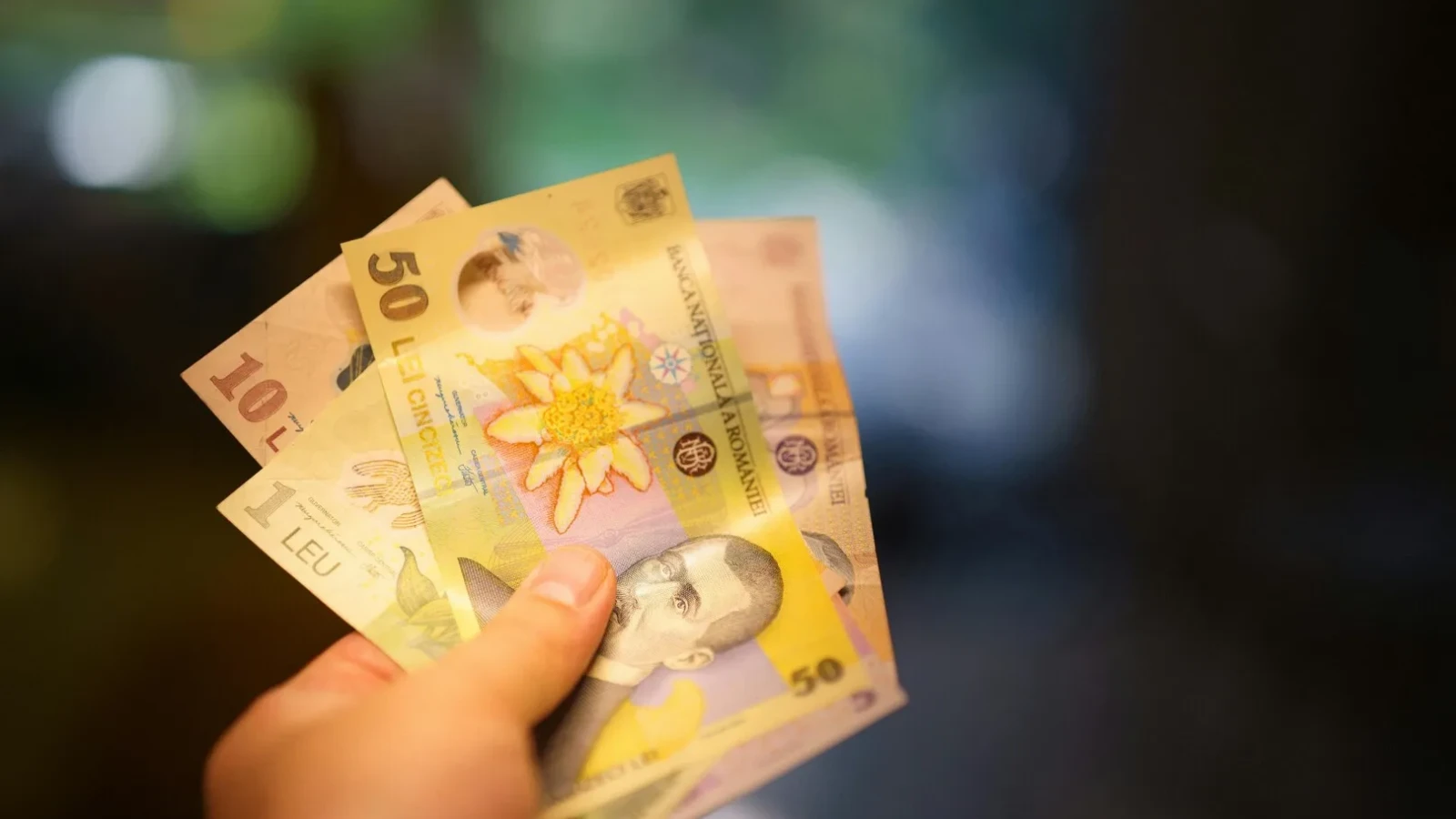
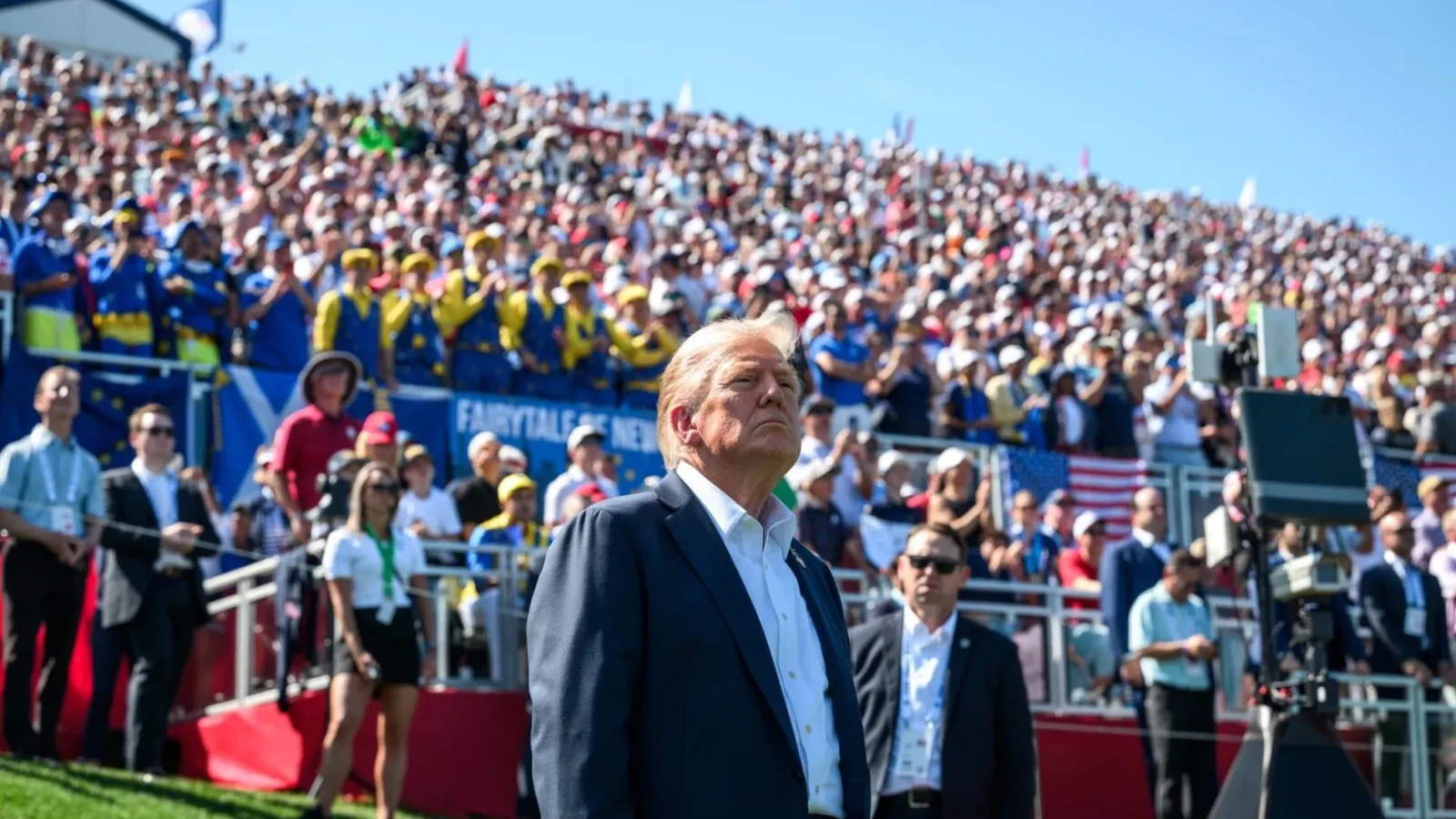






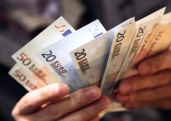





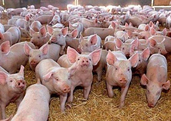



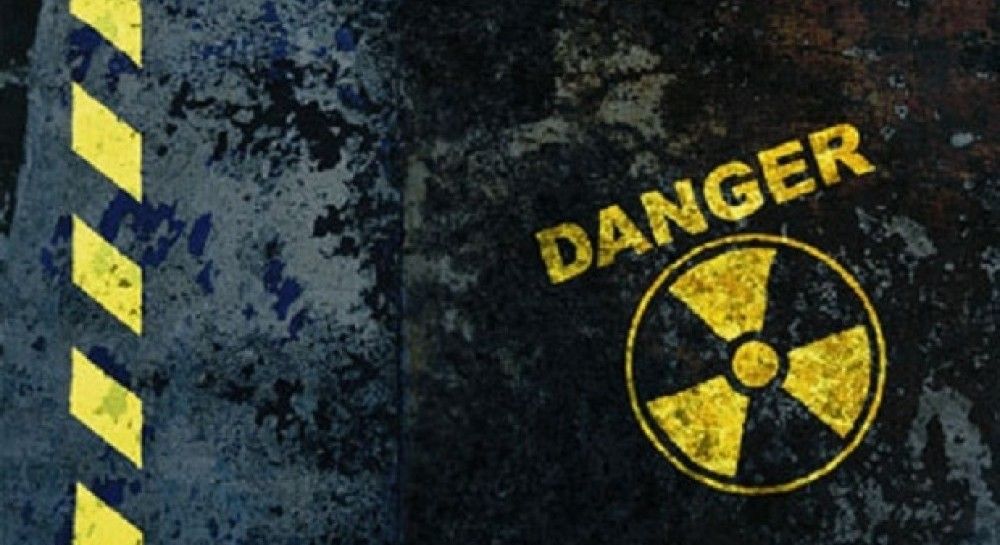







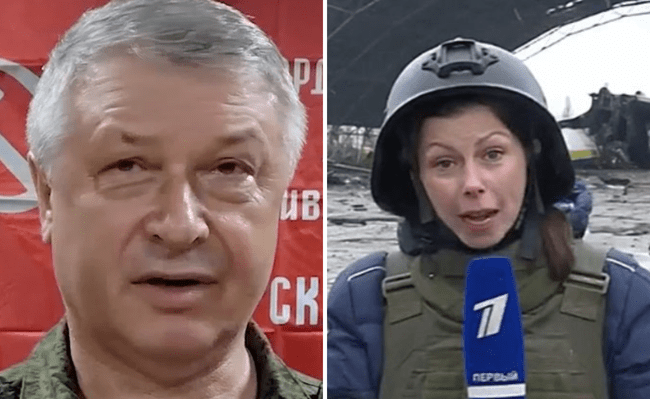
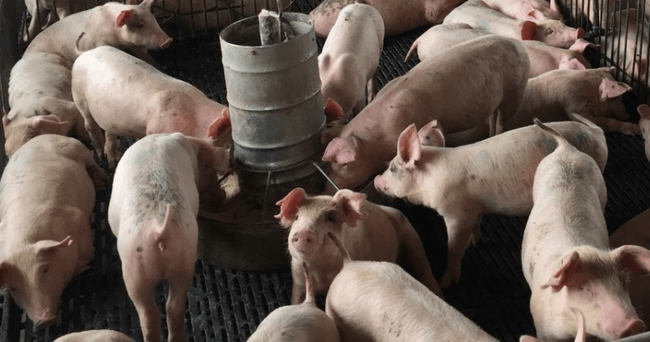


Comentează